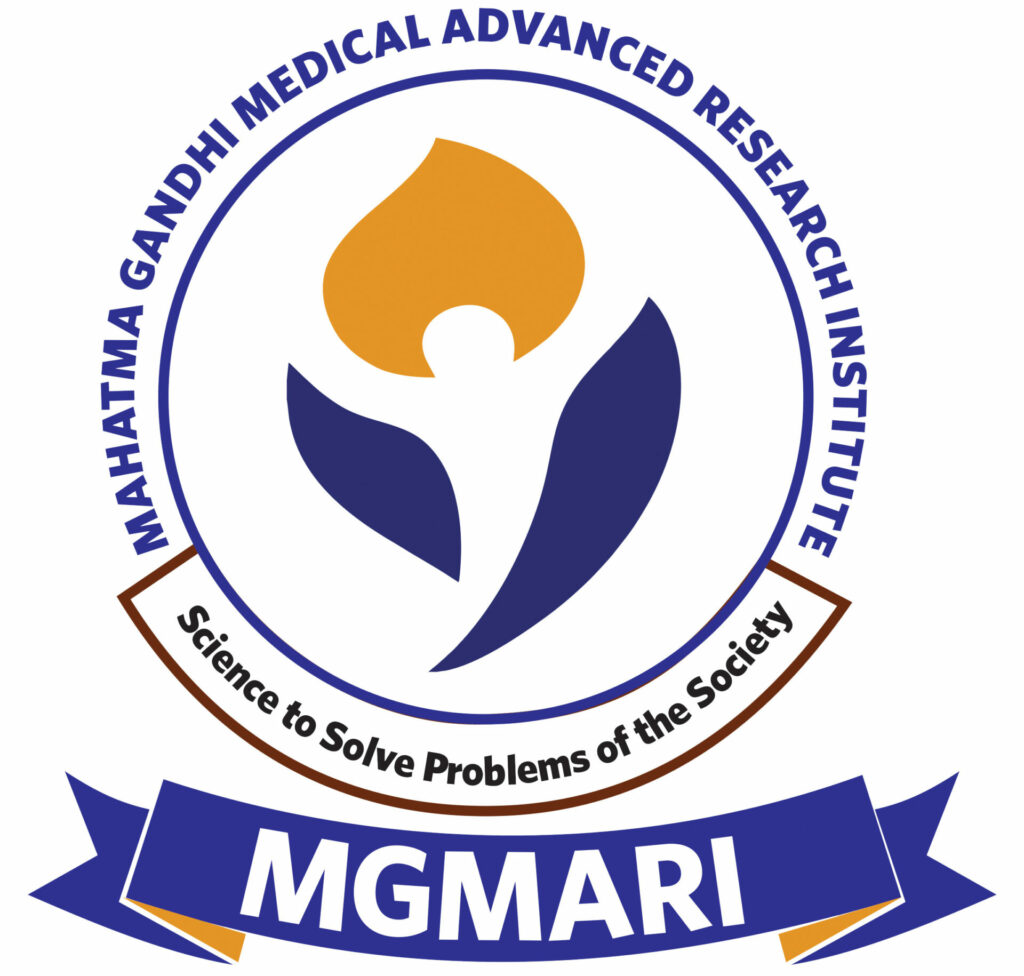Metabolic Disorders
Decoding the genes and their interactions leads to metabolic disorders and their treatment.
About
Metabolic disorders are highly complex and rare. Inborn metabolic disorders are inherited and arise due to defective genes that result in enzyme deficiencies. They vary widely in terms of their symptoms, treatments, and prognoses. The underlying mechanisms include modulation of systemic inflammation, oxidative stress, energy production/absorption/utilization, and genetic reprogramming in early life.
Nutrition and health are dynamic systems with a hierarchical nature. Understanding the biological impact of gene-nutrient interactions will provide a key insight into the pathogenesis and progression of diet-related polygenic disorders. To further comprehend the etiology, it is critical to appreciate the nature of multiple gene-gene and gene-nutrient interactions relevant to metabolic disorders.
Many inborn errors of metabolism are treated by dietary modification. However, until now it is unclear whether and to what extent nutrients could be beneficial to the improvement of the disease. With better understanding of genetics, it becomes increasingly possible to investigate genetic phenomena at a fundamental level.
Area of Interest
Strategies
- We use our organic association with the medical colleges of SBV and other regional institutions to capture a fairly large population landscape who come for treatment.
- Fair use of novel tools and technologies available in-house and outsourced basis.
- Continuous engagement with clinicians for patient interfacing and conducting trails, as and when required.
- We conduct studies to elucidate the exact role of genetic factors in various metabolic diseases and the influence of each nutrient.


